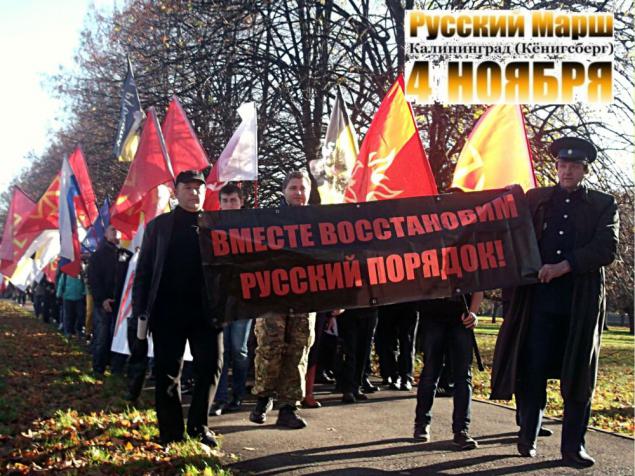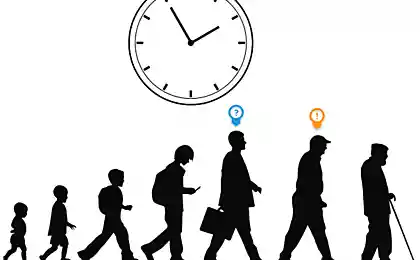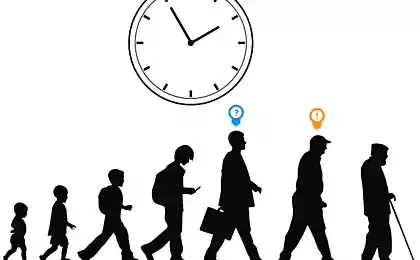1109
For thirty years the average Russian has become three times more aggressive and bolder

Modern Russian is significantly different from the one who lived in the Soviet Union of the 1980s, and not for the better. To such a disappointing conclusion was reached by Russian scientists from the Institute of Psychology, who conducted a study to assess changes in the types of psychological image of our fellow citizens from 1981 to 2011. According to their observations, over the past few years, most of our compatriots have become conflict, meaner and bolder largely lost the ability to self-control.
Relatively distant 1980s, Russians have become three times as aggressive as many times coarser and completely inconsiderate, writes with reference to the results of the study "Rossiyskaya Gazeta". These are general psychological characteristics of society. The most convincing indicator, according to experts, RAS, is homicide statistics: this parameter RF is almost four times higher than the United States and about ten times most of Western Europe, told journalists the deputy director of the Institute of Psychology Andrey Yurevich.
If we talk about serious crimes, has shown signs of a trend: 80% of murders committed in a state of spontaneous aggression. One in four families is committed domestic violence. One of the reasons - very low consumer culture. Ubiquitous mat, according to Yurevich, it is also a manifestation of aggression, but verbal.
Causes of this aggression in society, according to Yurevich, lie in the effect that has on it a criminal culture, the media and the education system. For example, the constant display of life on television "stars" creates the Russians unattainable targets, which raises complex negative feelings and leads to aggression. Plays a role, and dissatisfaction with the authorities: it irritated the Russians often splash out on each other and on different social groups.
In addition, the existing system of education in Russia, according to experts, creates a rather negative attitude to the world than positive. For example, in the new history textbooks number of negative episodes substantially prevails over the number of positive, whereas, for example, in US history "retouched" for the better, which creates a positive image of Americans of his country and his people.
Source Your text to link ...























